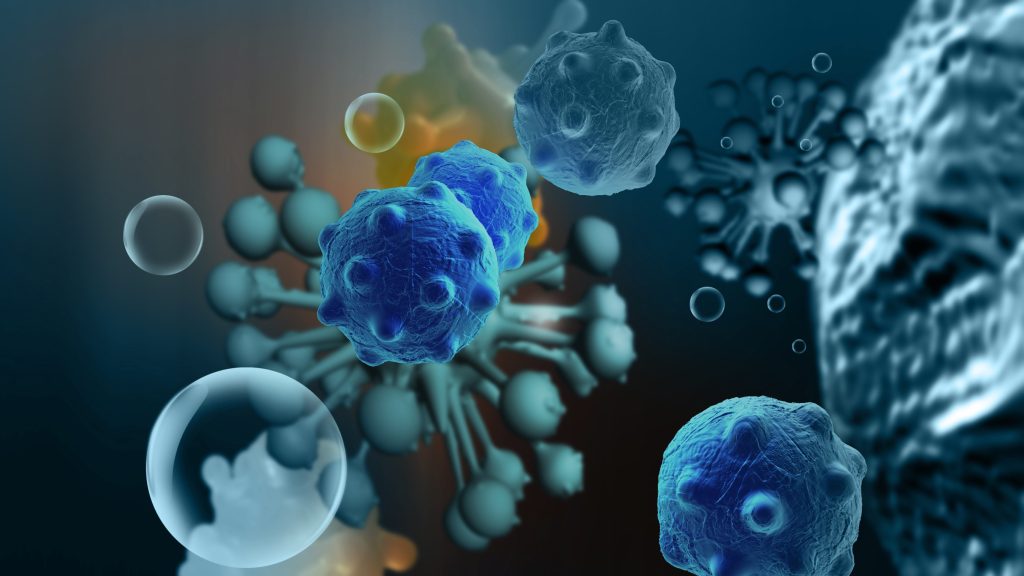The Role of the Ommaya Reservoir in Innovative Approaches to Treating Brain Tumors

For brain tumor patients, innovative treatments offer new hope. The Ommaya reservoir, a device designed for delivering medications directly into the brain or cerebrospinal fluid, has become a useful tool in the fight against brain tumors. At Biotherapy International, we use the Ommaya reservoir to deliver oncolytic viruses or mismatched donor lymphocytes as part of…
ATACK vs. CAR T-cell: A Comprehensive Comparison of Advanced Cancer Treatments

Immunotherapy is recognized as an innovative cancer treatment method, offering hope to patients worldwide. Two of the most promising developments in this field are ATACK (Allogeneic Targeted Activated Cancer Killers) and CAR-T cell therapy (Chimeric Antigen Receptor T-cells). Both methods harness the patient’s immune system to combat cancer but operate differently. How ATACK and CAR-T…
What does ‘minimal residual disease’ (MRD) mean for cancer patients?

When cancer patients undergo treatment, they eagerly await the results of their tests, hoping to see the word ‘remission’ in the report. If complete remission is mentioned, doctors mean cancer that cannot be detected using modern visual diagnostic methods such as CT scans, MRI, or PET-CT. However, a tumor of 1 millimeter in size may…
What is the success rate of cancer immunotherapy?

It is crucial for cancer patients to know whether their treatment has been successful . However, doctors hesitate to use the term ‘cure’ and often refer to a successful treatment as leading to ‘remission.’ In modern medical terminology, ‘complete remission’ means the tumor has disappeared, and ‘cure’ indicates that cancer has been in complete remission…
Harnessing Dendritic Cells for Cancer Immunotherapy

Dendritic cells play a crucial role in the functioning of the immune system, generating significant interest in their use as vaccines for cancer treatment. In the body, dendritic cells help the immune system identify cancer cells and direct T-lymphocytes to them, which typically kill cancer cells and prevent the development of oncological diseases. This process…

